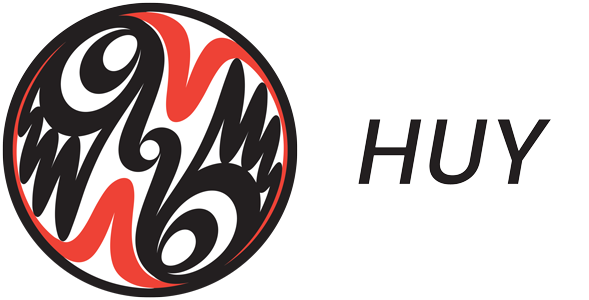Huy Opposes Private Detention Facilities in Washington
Last week Huy wrote the Washington State Department of Health, opposing private detention facilities in the state of Washington. The health department is engaged in a rulemaking effort regarding private detention facilities, after the Washington Legislature ban on such facilities was stymied by a federal court decision.
In a letter drafted by Professor Robert Chang of the Korematsu Center, Huy explained the history of state-sanctioned convict leasing of Indigenous people and for-profit prisons:
Indigenous people are keenly aware of the dangers posed by for-profit prisons. A precursor to today’s for-profit prisons is the state-sanctioned convict leasing system. Under this system, a person is arrested, often for minor crimes or “manufactured” crimes like vagrancy or loitering; a fine is imposed which the person often cannot pay; then rather than incarceration, the person is “leased” out to a private party who then forces that person to “work off” their fine as well as any other fees that might be imposed.
Though convict leasing is often associated with the re-enslavement of Black people in southern states following the end of the Civil War and Reconstruction,[1] convict leasing was deployed against Indigenous people in the West based on false labels of criminality and threat to public order imposed upon Indigenous people.[2] This resulted in private imprisonment, forced labor, and profits generated and shared first by states and now also by private individuals and corporations.
Modern-day for-profit prisons are a successor to this previous system. Similar to the earlier period, when convict leasing freed governmental entities from having to invest in and maintain detention facilities, today’s for-profit prisons likewise free governmental entities from having to make those same investments. Instead, they can contract out for the services to an entity that does not operate for the public good but instead is driven by a profit motive. Driven by this profit motive, for-profit prisons often require detainees to perform many of the services required to run the prison for minimal compensation.
Huy also explained how modern for-profit detention facilities harm Indigenous people and violate Indigenous human rights and religious freedoms:
Any private detention facility, or one that shares some features, creates the danger that people may be jailed far from their communities. Though perhaps administratively and financially convenient, jailing people far from their families and communities is harmful.
Being incarcerated away from family and community is harmful to all involved, but it is especially harmful to Indigenous people. That dynamic compounds the mental suffering and loneliness of Indigenous people and contributes to suicidal ideation and acts. One special problem with private detention is that religious freedoms are often not honored or accommodated, especially for Indigenous people. Private prisons behave as if they need not honor federally guaranteed religious freedoms, particularly traditional Indigenous spiritual and religious practices.
You can read Huy’s letter here.
[1] See Douglas A. Blackmon, Slavery by Another Name: The Re-Enslavement of Black Americans from the Civil War to World War II (2008).
[2] Jamelia N. Morgan, Rethinking Disorderly Conduct, 109 Calif. L. Rev. 1637, 1659-60 (2021).

